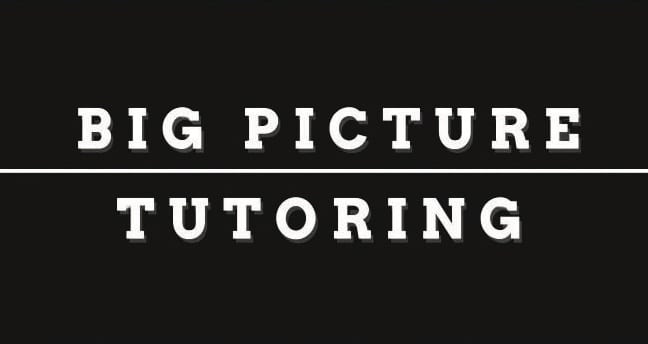If you want to be good at something, you pretty much have to be bad at it first. You learn by practice, and it really helps to have someone tell you what you’re doing wrong and how to do it better.
But we all probably remember times when we were given feedback and it didn’t feel good – it may have knocked our confidence and made us not want to try again. So how can you make sure that doesn’t happen?
The most important thing to work out is whether the criticism is constructive (helpful) or not. Criticism that helps you improve can sting for a little bit, but if you take it on board and try again you should feel better quite quickly.

For example, imagine you make someone a cake, and they say ‘Yuck!! This is WAY too sweet!’ You might be upset because you worked really hard on it and you wanted them to be pleased, but you taste the cake and realise they’re right. Next time you put in less sugar – the criticism was useful, and helped you bake better cakes.
But sometimes criticism isn’t helpful, and can mess you up. Let’s use the cake example again. Imagine this time the person you made the cake for tells you it isn’t ‘red’ enough – what on earth do you do with that? Next time you bake do you just start adding weird stuff to it, like beetroot juice and raspberries? It’s a chocolate cake, is it even meant to be red? If you can’t get clear about what they mean, then next time you make a cake it might end up pretty strange.
So what should you do? You should ignore it! You have to be a bit careful here – just because you can’t understand something straight away doesn’t mean it isn’t helpful. But if you really try to figure out how to make use of it and you just can’t, you’re better off forgetting about it. (Btw someone (or you) telling you that you suck is never useful, so definitely ignore that!)
Ok, so how do you apply this to your schoolwork? Imagine you get an essay back from your teacher covered in red pen.
Step 1: Read it Through
Take a deep breath and go through everything your teacher has said, one-by-one. What bits are useful, what can you learn that will make your essay writing better?
Step 2: Ask for Help
Re-read any criticism that is left – does it make sense to you? If not, ask someone else to take a look and see if they can explain it to you. If that doesn’t help go back to your teacher and ask them to explain it.
Step 3: Let it Go
If you still can’t see how it will help you do better work, just let it go.
For example, imagine you make someone a cake, and they say ‘Yuck!! This is WAY too sweet!’ You might be upset because you worked really hard on it and you wanted them to be pleased, but you taste the cake and realise they’re right. Next time you put in less sugar – the criticism was useful, and helped you bake better cakes.
But sometimes criticism isn’t helpful, and can mess you up. Let’s use the cake example again. Imagine this time the person you made the cake for tells you it isn’t ‘red’ enough – what on earth do you do with that? Next time you bake do you just start adding weird stuff to it, like beetroot juice and raspberries? It’s a chocolate cake, is it even meant to be red? If you can’t get clear about what they mean, then next time you make a cake it might end up pretty strange.
So what should you do? You should ignore it! You have to be a bit careful here – just because you can’t understand something straight away doesn’t mean it isn’t helpful. But if you really try to figure out how to make use of it and you just can’t, you’re better off forgetting about it. (Btw someone (or you) telling you that you suck is never useful, so definitely ignore that!)
Ok, so how do you apply this to your schoolwork? Imagine you get an essay back from your teacher covered in red pen.
Step 1: Read it Through
Take a deep breath and go through everything your teacher has said, one-by-one. What bits are useful, what can you learn that will make your essay writing better?
Step 2: Ask for Help
Re-read any criticism that is left – does it make sense to you? If not, ask someone else to take a look and see if they can explain it to you. If that doesn’t help go back to your teacher and ask them to explain it.
Step 3: Let it Go
If you still can’t see how it will help you do better work, just let it go.




